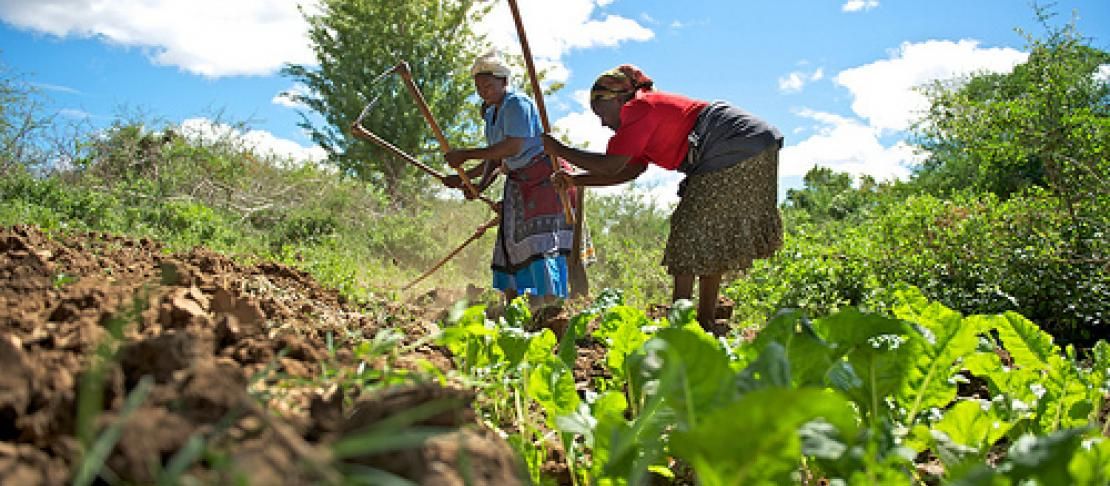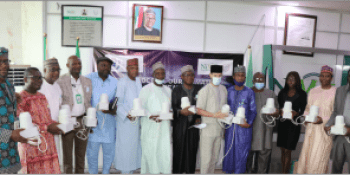Providing climate services that make sense to farmers

by Alexa Jay and James Hansen
Our research theme, Adaptation through managing climate risk, is leading efforts to build the resilience of agriculture and food systems to a variable and changing climate. From the field level to government policy, efforts to reduce the impacts of climate risk on food security depend increasingly on information and knowledge. Improving climate-related information and connecting it to those who need it is a vital part of our work.
In an increasingly uncertain climate, climate information and advisory services can help farmers better manage risk and take advantage of favorable climate conditions. Climate services are receiving increasing attention among development organizations as a way to support climate change adaptation and immediate development goals.
Providing quality information is necessary, but not sufficient for farmers to be able to use it effectively. Several additional challenges – including how information can be accessed, its relevance on a local scale, whether farmers feel it is legitimate, equitability of access and use, and integration with other needed inputs – must be addressed. Several pilot initiatives across Africa and South Asia have sought to overcome these obstacles. In Kaffrine, Senegal, we have tested innovative approaches to bringing downscaled climate forecasts to farmers. Training workshops taught farmers about the probabilistic nature of seasonal climate forecasts, and in turn, our researchers learned about traditional climate knowledge and promising management responses. Engaging with farmers helped researchers understand farmer needs and improve the information provided.
The work in Kaffrine and 17 other innovative case studies were featured in the international Workshop on 'Scaling up Climate Services for Farmers in Africa and South Asia' in Saly, Senegal on December 10-12, 2012, organized jointly by CCAFS, USAID, the World Meteorological Organization and the Climate Services Partnership. The workshop brought more than 100 experts from 30 countries and roughly 50 institutions together to grapple with the challenge of supporting vulnerable farming communities through the production, communication, delivery and evaluation of effective climate information and advisory services. And to identify practical actions to address those challenges at scale.
To showcase our work in Kaffrine, Senegal, we have prepared a video that illustrates farmers and researchers working together to bring forward climate services that make sense:
We have also released a Workshop Report which presents priority actions that participants identified for overcoming challenges to scaling up and strengthening climate services for farmers. Information and communications technologies such as SMS text messaging, voice services and rural radio present exciting opportunities to better reach remote rural communities.
Involving farmers in the process of designing and delivering climate services can enhance the relevance of information and farmers’ trust in it. Developing institutional capacity to include gender analysis in the design and implementation of climate services projects is another major priority.
Read the Workshop Report: Scaling Up Climate Services for Farmers in Africa and South Asia: Workshop Report. Prepared by Arame Tall, Alexa Jay and Jim Hansen.
Written by Alexa Jay and James Hansen, all researchers within our Theme 2:Adaptation through managing climate risk. The video showcasing our work in Kaffrine, Senegal was produced by Hippmedia, and coordinated by Cecilia Schubert and Vanessa Meadu, working with communications at CCAFS.



